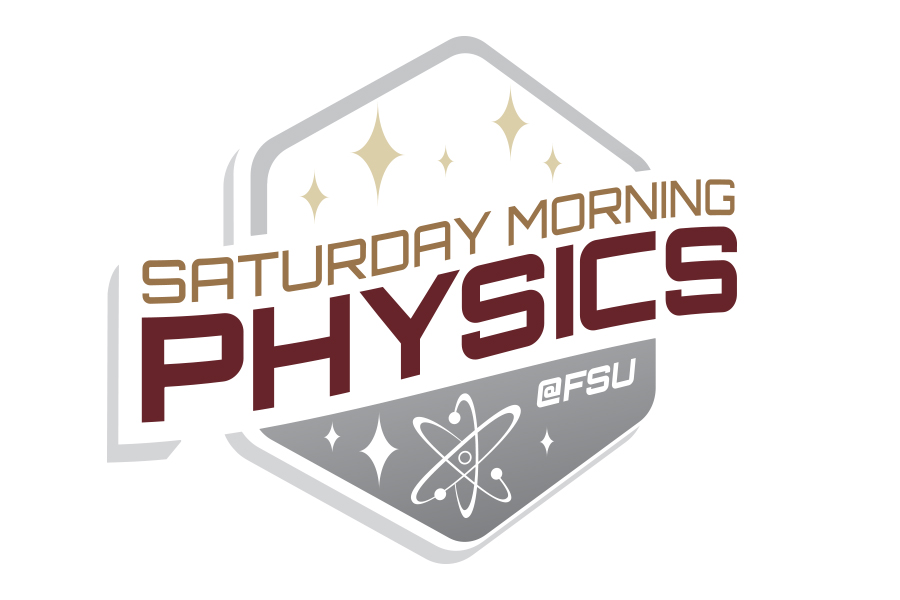
Florida State University physics professors are welcoming the community into the classroom this fall to learn about atomic particles, stars, and crystals through the annual Saturday Morning Physics program.
“Saturday Morning Physics is a free event series in which physicists present fun and interesting topics in easy-to-understand, non-technical terms,” said Kevin Fossez, assistant professor of physics and the program’s organizer. “This year, we are introducing a new format to engage kids with hands-on activities. Parents can expect to take pictures of their kids doing science.”
Since 1983, the Saturday Morning Physics program has welcomed hundreds of K-12 students and adults to the FSU campus each fall to learn about basic physics concepts from FSU faculty.
During the Oct. 12 session, “Spin, Spin, Spin!” held in conjunction with FSU’s Discovery Days, physics and art education faculty will take attendees inside the world of wheels, gyroscopes and other spinning objects and unlock the secrets behind how these items move.
All sessions are free and open to the public and are held in Room 101 of the Richards Building, 1055 Atomic Way, on the Florida State University Tallahassee campus unless otherwise noted. Sessions start at 9:30 a.m. and last about one hour.
The session dates and topics include:
- 28: Nuclear Cauldron, Look What’s Cooking!
This event is cancelled due to weather.
- 5: Tour of the Universe
- 12: Spin, Spin, Spin!
Part of FSU Discovery Days
- 26: Smashing Atoms to Size up the Universe
- 2: Quantum Adventures
- 9: Unlocking the Secrets of the Universe: A Fun Adventure into Classical Physics!
- 16: Exploring the World of Crystal Growth
This session is held at the National High Magnetic Field Laboratory, 1800 E. Paul Dirac Drive. Closed-toe shoes are required for entry.
Saturday Morning Physics is presented by the FSU Department of Physics. For more information on each session’s topics and the detailed schedule of events, visit physics.fsu.edu/saturday-morning-physics.




